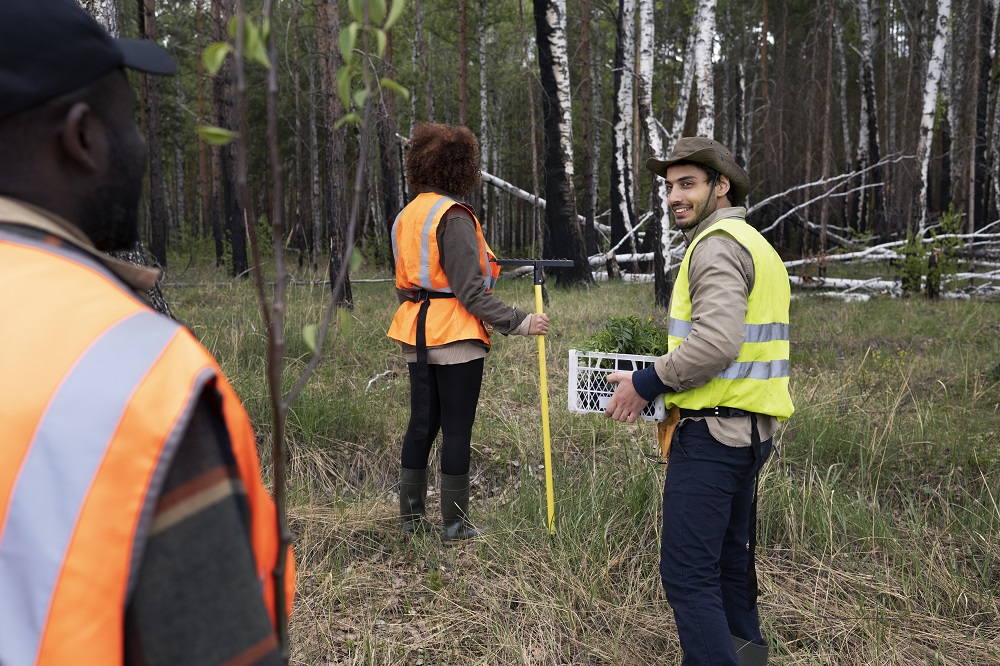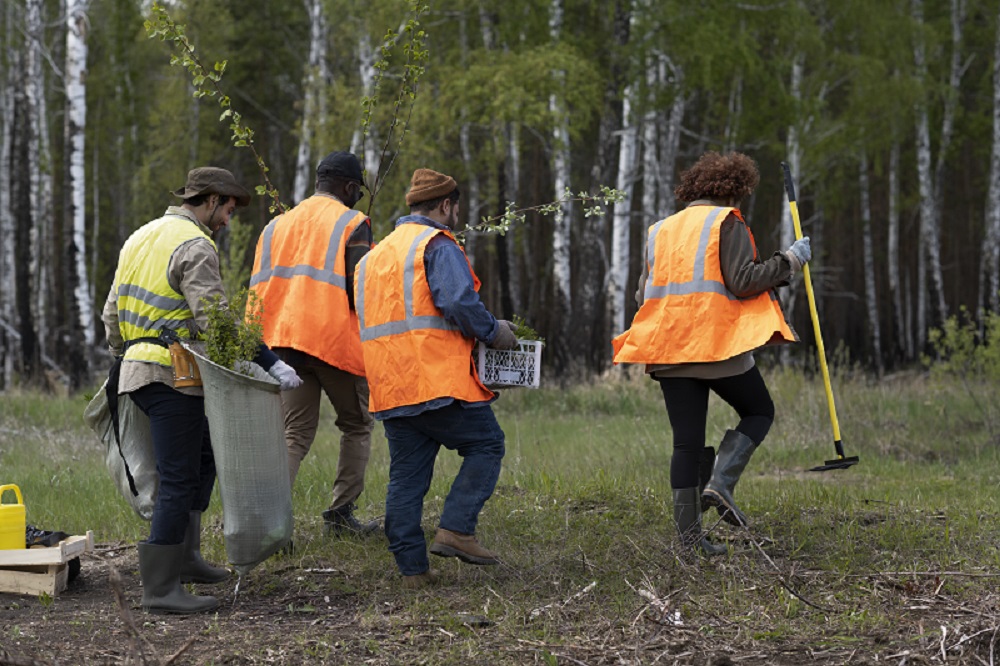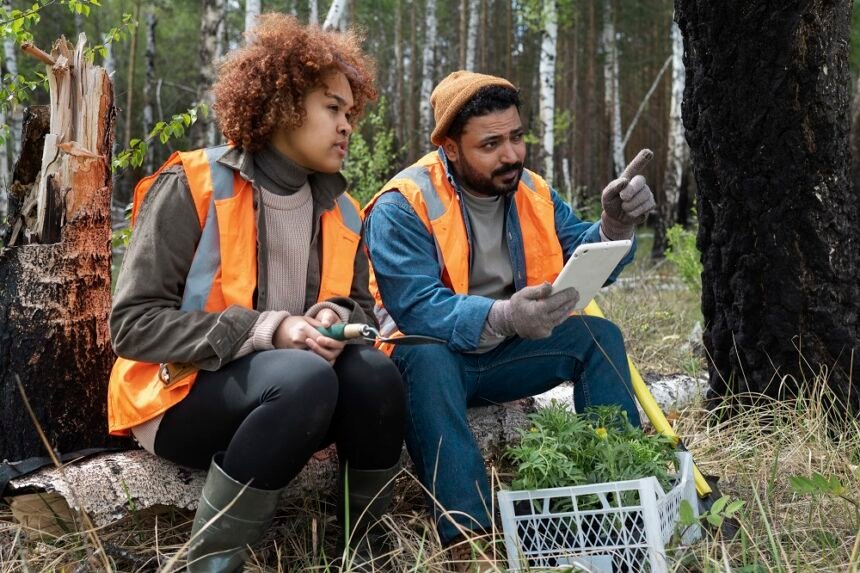Can you think of a home for thousands of different species? A unique ecosystem that serves as the habitat for an array of flora and fauna, while providing crucial environmental services such as water purification, climate regulation, and flood control? The answer lies in our planet’s threatened wetlands, living systems of captivating complexity and diversity. This brings us to the seaworthy subject of our today’s voyage – the intriguing role of wetland investigation in enhancing biodiversity, an essential yet often neglected area of environmental conservation. So, strap in as we delve deep into this fascinating biological arena.
The vitality of wetlands cannot be overstated. These mystical marshes are biodiversity hotspots, brimming with life and nurturing countless organisms. Despite this, they are vanishing fast due to haphazard human activity and climate change. This lends urgency to our investigation, aimed to unearth the endless opportunities that lie beneath their waterlogged surfaces, waiting to be discovered and protected.
An in-depth probe into the heart of these eco-paradise can reveal immeasurable insights and balance our ecology, yet leading to healthier, happier lives. Are you ready to see the world in a water droplet? Then let’s set on this journey of understanding the significance of wetland investigation.
What Constitutes Wetland Investigation?
Wetland investigation embodies systematic research and meticulous study of the physical, biological, and hydrological characteristics of wetlands. It involves identifying different species of fauna and flora, assessing soil types, and measuring water levels and chemical concentrations. This examination provides a comprehensive snapshot of the subtle and intricate relationships between living organisms and their environment.
As part of the investigation, different techniques are used based on the nature of the wetland. For instance, remote sensing aids in mapping large, inaccessible areas, while field surveys capture enigmatic details on a smaller scale. Furthermore, laboratory analysis of soil and water samples tell tales of the past and predictions for the future.
Despite the rigorousness and complexity of the process, wetland investigation triumphs in gathering crucial knowledge about these enchanted ecosystems. It helps in understanding the unique challenges that wetlands face and provides the foundation for effective conservation strategies.
Wetland Investigation And Biodiversity

With wetlands serving as home to an astonishing variety of life forms, their investigation plays a significant role in unveiling this underappreciated biodiversity. It helps in identifying species, their population, distribution, behaviour, and interactions. By exploring these vibrant life forms, we learn about rare and endangered species, their specific needs and threats they face.
Species monitoring, a key facet of wetland investigation, not only quantifies the variety of life but also provides an early warning system for ecosystem disruptions. It aids in determining species richness and discovering new species, thereby enriching our understanding of the world we live in.
The discovery of new species and understanding of their importance not only adds value to the field of science, but also gives ammunition to conservation advocacy, making it a supreme tool in protecting biodiversity.
Pros And Cons Of Wetland Investigation
Like any investigation, wetland research comes with its own set of challenges and benefits. The primary advantage is the abundance of data it provides, which formulates policies, legislation, and management plans, a necessary step towards sustainability. Moreover, it raises awareness and appreciation of these biodiversity havens amongst communities, leading to their active involvement in conservation efforts.
Conversely, wetland investigation is an elaborate and extensive process, requiring significant resources in terms of time, human expertise and equipment. However, given the indispensable role of wetlands in maintaining the ecological equilibrium, it is an investment worth making.
The Way Forward

As we charter towards sustainable ecology, wetland investigation remains an instrumental compass. With the extinction of species at an unprecedented pace, it is more critical than ever to delve into these unique ecosystems, grasping the depths of their biodiversity, and their role in mitigating environmental and climate crises.
Investigations must be oriented around current scientific knowledge, catering to emerging ecological dynamics in the face of climate change. Moreover, engaging communities and inspiring individuals to appreciate and preserve wetlands is an indispensable part of the journey.
Conclusion:
These dipping dives into the kaleidoscopic world of wetlands bring to light their irreplaceable role in nurturing biodiversity and averting climate crises. The fascinating journey through wetland investigation underscores the power in understanding, revealing, and resolving ecological enigmas.
Sustainability is not merely a terminology; it’s a symphony played by every creature, big and small. The flourish of species that colour our world is not a choice, it’s an existential necessity! If we wish to swim into a future where our planet continues to sing with the chorus of myriad life forms, wetland investigation must lead the way.
Let us celebrate, cherish and protect the colourful tapestry of life that enriches our world, quite literally lending us the breath of life. For, on this grand stage of existence, every organism is an indispensable character, and every wetland, a vital scene.



